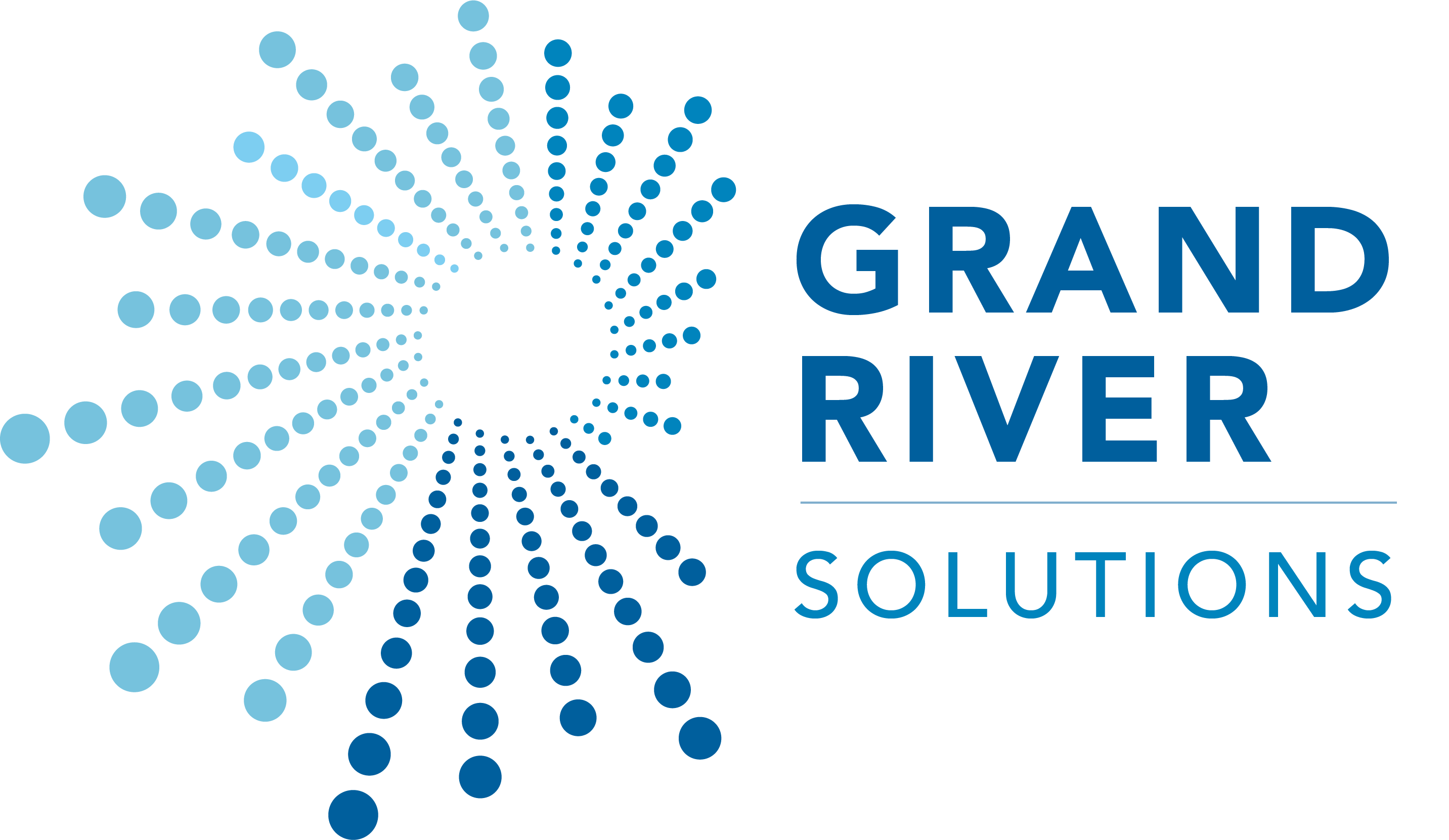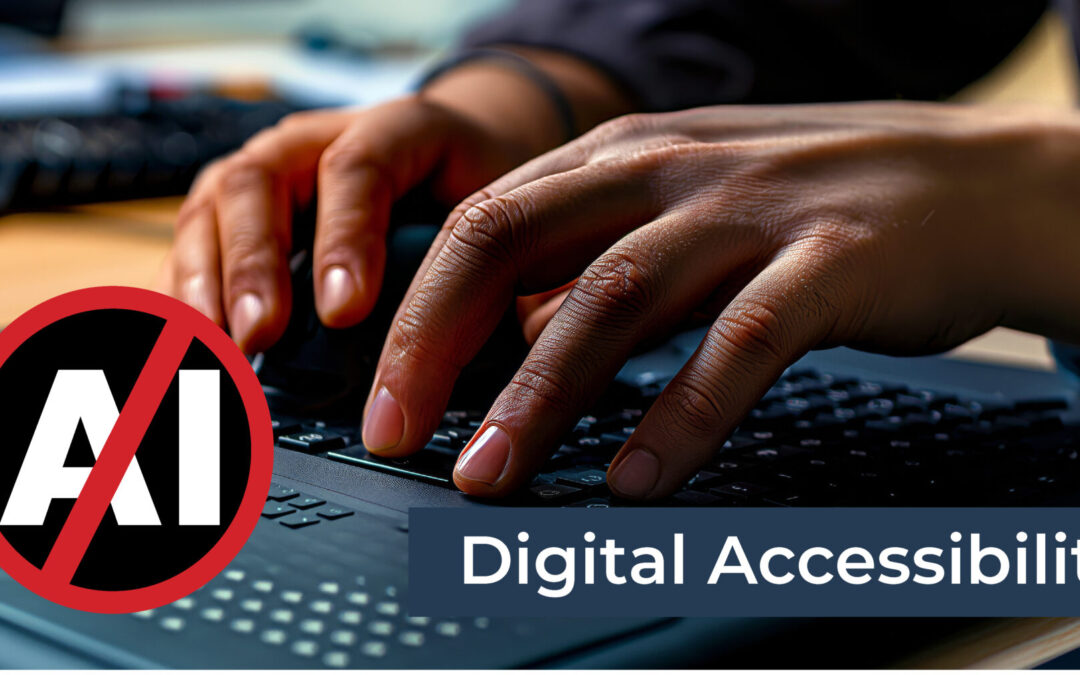On January 3, 2025, the Federal Trade Commission (FTC) announced that AccessiBe, a company offering an accessibility overlay, would pay a $1 million fine to settle allegations of deceptive marketing practices. Based in New York, AccessiBe was accused of falsely advertising its AI-powered web accessibility tool, accessWidget, which the company wrote would “[a]utomatically comply” with the Web Content Accessibility Guidelines (WCAG) 2.1 at the AA level.” Following the FTC’s announcement, AccessiBe reached a non-admission settlement with the agency, meaning there is no finding that AccessiBe has engaged in deceptive practices.
AccessiBe marketed accessWidget as a solution for businesses to ensure their websites met accessibility standards for users with disabilities. However, the FTC claimed that the company’s statements that the plugin could make any website WCAG-compliant was inaccurate. While the product was promoted as an automated, comprehensive solution, the FTC alleged that the tool failed to deliver on its promises for all websites, violating consumer protection laws under the FTC Act. Moreover, the FTC further alleged that accessWidget created significant accessibility barriers for users with disabilities on websites where it was implemented.
The FTC’s complaint also alleged that AccessiBe misrepresented third-party reviews, articles, and blog posts by formatting them to appear as independent, unbiased endorsements. The FTC stated that the company had material connections with the individuals or organizations behind these reviews, which were not disclosed to consumers, adding that such deceptive practices misled potential customers into believing the reviews were from impartial sources
Our expert Judith Risch advises organizations aiming to meet digital accessibility goals to regularly check their websites using both manual and automated tools. “Currently, there is no AI tool that can successfully address digital accessibility. It may seem tempting to purchase a solution from a company promising quick fixes for a low price, but there are no shortcuts in ensuring digital accessibility,” she explained.
The FTC’s action highlights the importance for educational, public, and medical institutions to avoid overreliance on automated widgets like accessWidget to make their websites compliant with accessibility standards. A sound practice to resolve such concerns continues to be review of digital assets with human oversight.
For more information on complying with current and upcoming state and federal regulations, learning how to test websites for accessibility, and ensuring your online presence meets legal standards, contact Blaze Bowers for a consultation.

